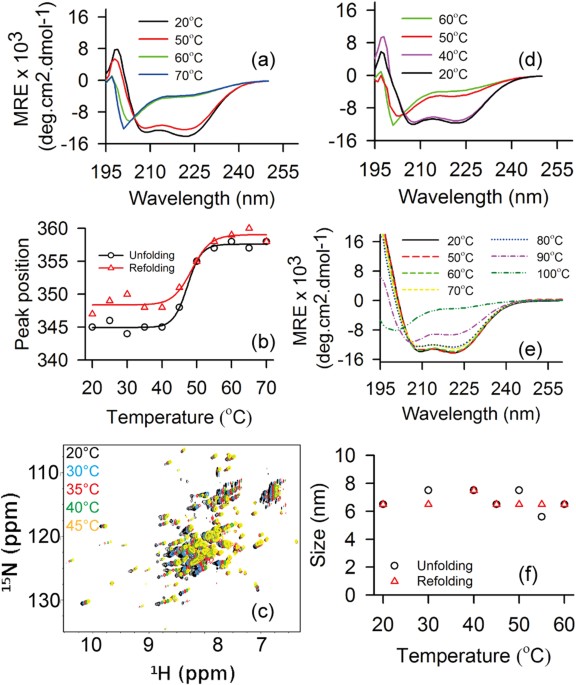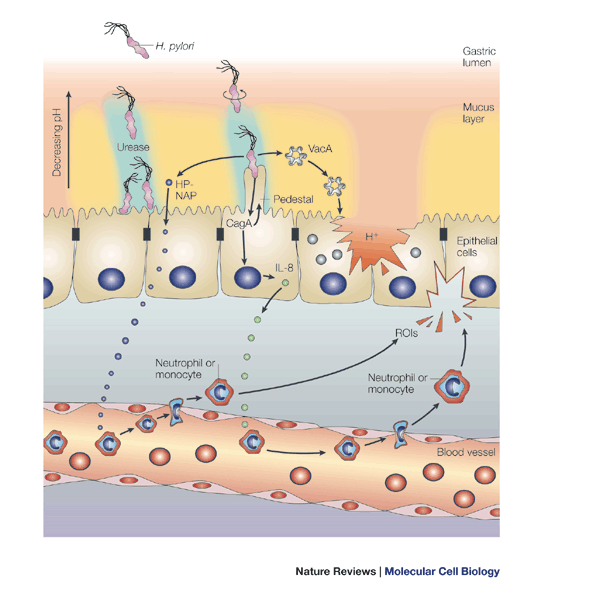
- Select a language for the TTS:
- UK English Female
- UK English Male
- US English Female
- US English Male
- Australian Female
- Australian Male
- Language selected: (auto detect) - EN
Play all audios:
Gap junctions have at least two conductance states: the 'full conductance' state and a 'subconductance' state. Rather than closing completely, these channels spend longer periods of time in
the subconductance state when the gate senses a voltage change. Qu and Dahl considered the possibility that channel selectivity in this state might differ from that in the full conductance
state such that the passage of larger molecules would be reduced. In this way, the activated gate would allow electrical coupling, while obstructing the passage of metabolites and second
messengers.
To test this idea, the authors expressed connexin 46 (Cx46) or Cx43 in Xenopus oocytes. They monitored the passage of fluorescent test molecules or cyclic AMP through Cx46 hemichannels
expressed in single oocytes, and through full heterotypic (Cx46/Cx43) channels that formed between cells.
Anyone you share the following link with will be able to read this content:
:max_bytes(150000):strip_icc():focal(599x0:601x2)/Victorious-Smith-missing-tout-041524-6d0dca6c169940c98a752fdd93a6b17d.jpg)






